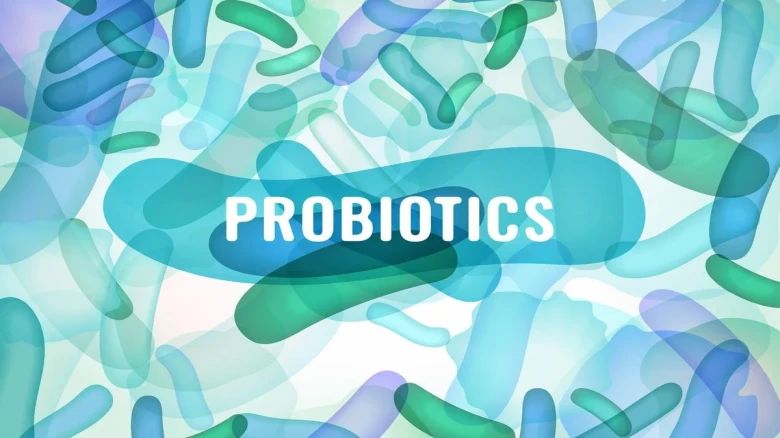According to the study, treating those who have been exposed to COVID-19 with probiotics may be easy and affordable.
Digital Desk: New clinical study data suggest that probiotics may be able to protect against the severe effects of COVID-19.
Researchers report in the January edition of Clinical Nutrition that unvaccinated people who took a lactobacillus-laced probiotic experienced lower COVID-19 symptoms and even delayed infection.
According to the study, treating those who have been exposed to COVID-19 with probiotics may be easy and affordable.
The purpose of probiotics is to increase the good bacteria and yeasts found in the body, especially in the digestive system.
Dr. Paul Wischmeyer, co-lead researcher and associate vice chair for clinical research at Duke Health's Department of Anesthesiology in Durham, North Carolina, stated, "There was strong evidence that probiotics were protective against respiratory infections before COVID."
"Our study lends credence to the notion that our symbiotic microbes can be valuable partners in the fight against COVID-19 and potentially other future pandemic diseases," Wischmeyer said in a release from Duke.
This study was started in March 2020 by researchers, prior to the widespread availability of COVID-19 vaccinations in the US.
The group enlisted 182 individuals who had not had the COVID-19 vaccination but had been in contact with someone who had, but who were asymptomatic.
A probiotic containing the bacterium Lacticaseibacillus rhamnosus GG, which is naturally present in people's digestive systems, was given to half of the participants at random. The others were given a placebo.
Those who took the probiotic had a 60% lower chance of experiencing COVID-19 symptoms than those who received a placebo (26% versus 43%).
Additionally, they exhibited a prolonged resistance to COVID-19 infection; but, because of the limited trial size, the difference in COVID diagnosis rate—9% in the probiotic group versus 15% in the placebo group—was not statistically significant.
Probiotics, according to Wischmeyer, have been shown to strengthen the immune system, reduce inflammatory chemicals in the body, and strengthen the lung's defenses against infection.
"We are actually not surprised by these findings," he stated. "There have been several studies that have demonstrated the strong efficacy of probiotics against respiratory infections."
"Other early studies have shown that probiotics may also enhance the effect of vaccines against other viral illnesses, such as influenza," Wischmeyer said.
According to Wischmeyer, probiotics may be especially helpful in lower-income nations where immunisation is less common and in areas of the United States where COVID-19 booster uptake has decreased due to vaccine weariness.
The improved COVID-19 vaccine for 2023 has been administered to less than 20% of the US population, as reported by the US Centres for Disease Control and Prevention.








Leave A Comment